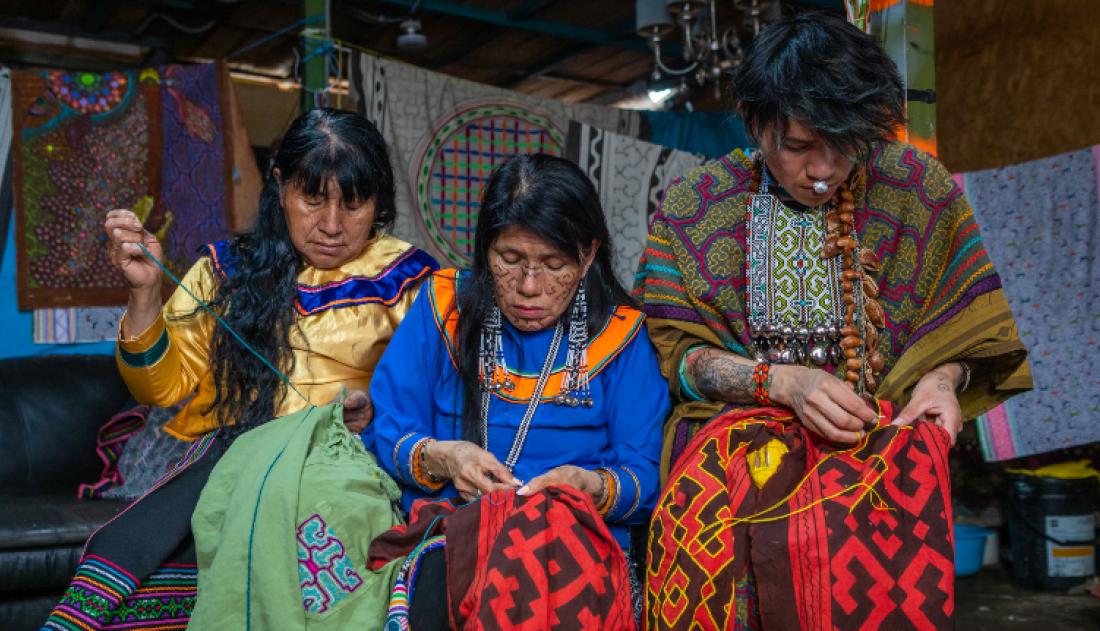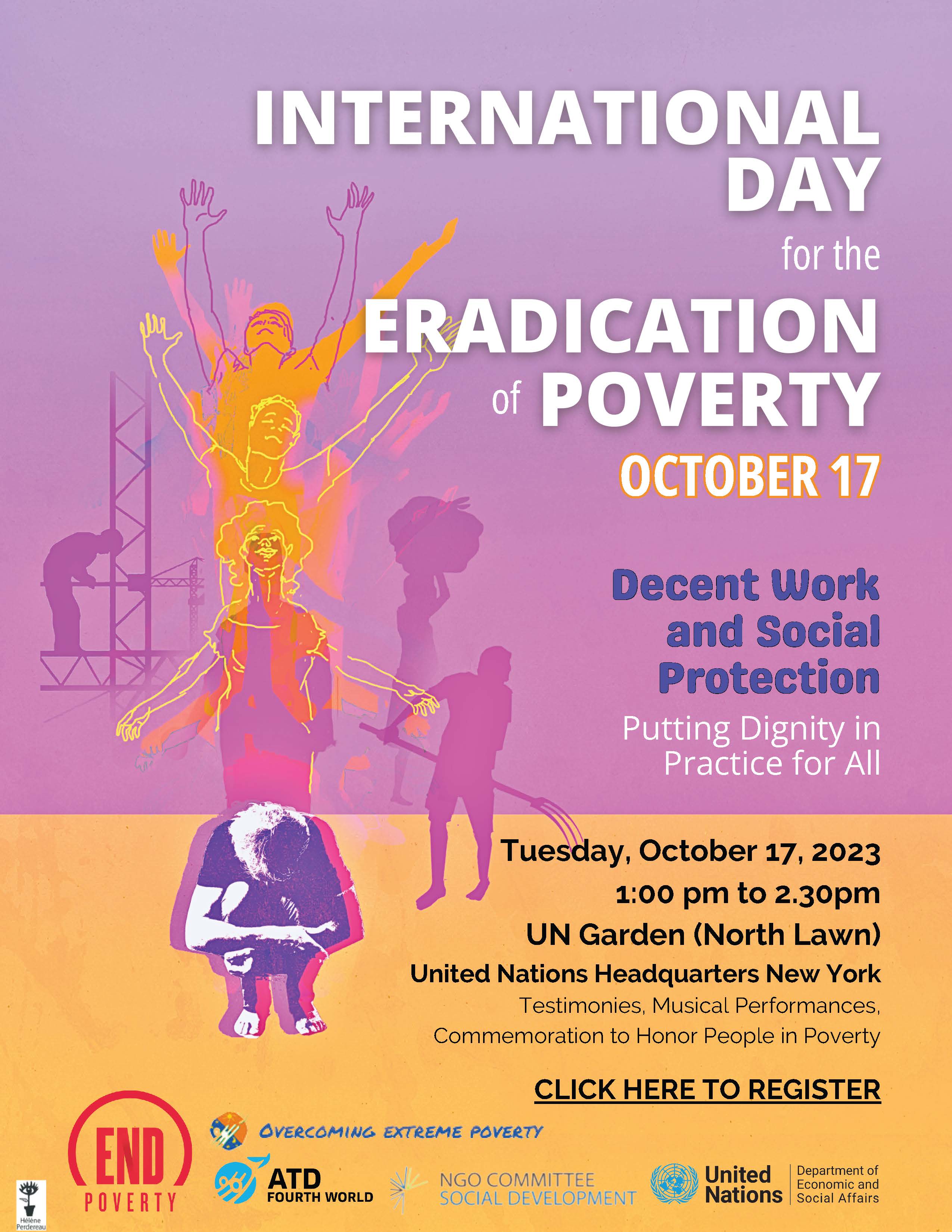
People living in extreme poverty, many of whom work in the informal economy – unregistered, unrecognised and unprotected under labour legislation - face difficult and dangerous conditions. The most excluded have no choice but to accept unacceptable situations and are often seen and treated as ‘disposable’. Despite working long hours, they are unable to earn enough to support themselves and their families. The International Labour Organisation (ILO) estimates that almost two thirds of the world’s working population, over two billion people, are informal workers with Latin America and sub- Saharan Africa having the highest levels of informality.
People directly impacted by extreme poverty will face discrimination, unable to obtain decent work because of their socioeconomic status, lower levels of education and training received as well as the stigma attached to being poor. UNICEF estimates that in the least developed countries, slightly more than one in four children (ages 5 to 17) are engaged in labour that is detrimental to their health and development, jeopardising the possibility to ever lift themselves and their families out of poverty. Discrimination is also felt by women, who according to the ILO form 58% of the informal labour force.
Get Involved
UN Headquarters in New York Commemoration
Each year, on October 17th, the International Day for the Eradication of Poverty, people gather around the world to listen to those living in poverty, and to reaffirm the collective commitment to end poverty.
Follow us on social media using hashtags:
#EndPoverty #IDEP2023 #GlobalGoals
For more information, please visit: https://social.desa.un.org/issues/poverty-eradication/events/international-day-for-the-eradication-of-poverty-17-october-2023
 Welcome to the United Nations
Welcome to the United Nations



